Free Choice Games: Yahtzee
Free choice and personal autonomy are foundational elements of Yahtzee strategy, and therefore of the game itself. The astronomical possibilities in a single game are mind-blowing. Limiting choice holds us back as players, forcing us on paths for which we’re not prepared to follow. Our inherent rights as human players to develop our own strategies and play our own games is undeniable and inalienable.
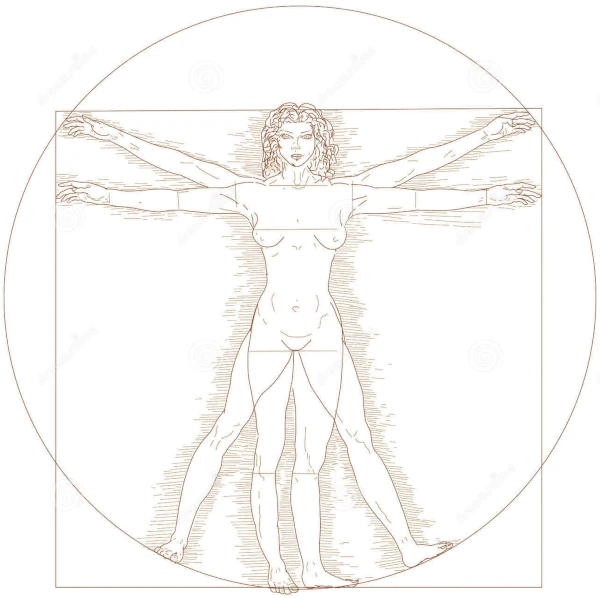
Len Gilmore is the winningest coach in Yahtzee Pro Circuit history, having led 13 champions to the title. He currently operates a youth Yahtzee camp and training academy in Bend, Oregon and is a regular contributor to The Yahtzee Blog.
Regular readers of my column know that I typically write about a different strategy each week but today I want to talk about the theory behind Yahtzee strategy itself. In my 26 years of professional coaching, I’ve come across all sorts of tactics, concepts, and new ideas for at the dice table. Simple or complex, high-score oriented or conservative, MaxProbability or OptimalExpected - the possibilities are nearly endless. But in the end all strategy comes down to a very basic concept: free choice.
A strategy, whether in Yahtzee or any other aspect of life, is simply a plan or method working toward a specific goal. In other words, a player makes a series of choices throughout the game based by their own preconceived notions and interests. Some choose to roll for Yahtzees on every turn. Others aim for a balanced scorecard that minimizes zeros.
With all of the tactical variation that I've witnessed among my players, the most important thing I ever did was to guide them as they developed their own strategies. I owe my coaching success to letting my players make their choices as a matter of personal decision-making, rather than trying to dictate my own preferences. After all, my job was to help them play their own games, not mine.
Without strategy, Yahtzee becomes a game of absolute chance. The total absence of human intellect to influence the outcome can turn the beautiful game into a dystopian nightmare. In a two-person Yahtzee game, there are over 15 quadrillion possible game states. Without a sentient will to bend those staggering numbers to its own favor, Yahtzee would be nothing more than a literal roll of the dice into the mathematical abyss. The range of choices in a Yahtzee match is practically infinite, and making those choices is precisely what makes the game so much fun.
How to Make a Pro Choice
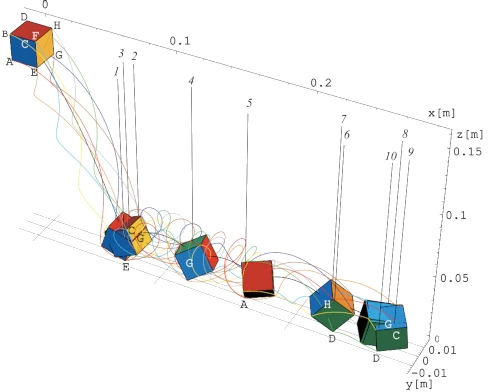
Developing your own Yahtzee strategy guide is a personal decision-making process that depends on your natural tendencies, goals for the game, and willingness to take risks. Sometimes these things change, and a good player will need to be able to alter their strategy accordingly. It all begins with a plan but there is not a single strategic solution that can be applied to everyone. We must each forge our own path at the Yahtzee table and then live with those consequences.
A sound strategy requires making sound choices but these are unalterably the responsibility of each individual player. Where should I score my Ones? Should I take a zero for Yahtzee early? Full House or Three-of-a-kind? Am I going to take these Sixes in the Upper Section? Is 12 points enough for my Chance? Each of these Yahtzee tactics becomes a pivotal moment in the game, with the power to send your score over the moon or crashing down into the gutter. As coaches and allies, we can offer support and guidance but there are no right answers and seldom are things black and white. Each player must do their best under the given circumstances, drawing on their experience and personal knowledge to make the right decision for themselves.
To take one well-known strategy as an example, some players are more than willing to zero out the Yahtzee category early in the game. This approach typically results in solid but middling scores, as the highest-scoring box is dismissed in favor of more probable but less fruitful outcomes. While a common and reliable plan, use of this conservative tactic can prove anathema to a more aggressive player or coach. But like in life, Yahtzee requires the player to have full autonomy to chart the course of their own games.
The truth is that some players just aren’t ready for a Yahtzee and that’s OK. Maybe it’s because of their own strategic belief system that prioritizes other scoring opportunities. Or maybe they don’t feel stable enough to accept the risks associated with going for a Yahtzee late in the game. Perhaps the player will try to roll one in the next game, or maybe not. But in all cases, the decision when to take a zero for Yahtzee belongs solely to the individual player. And the best choice is always your own choice.
Playing Well with Others
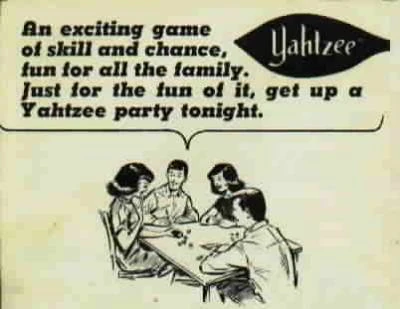
No two Yahtzee players are alike. Every individual interprets the game in a unique way, making choices based on their own intuition and planning. As your Yahtzee social group expands, you’re bound to run into a new playing style or novel strategy that you had never even considered before. Remain open to new ideas. Even if you don’t adopt the tactics yourself, at least you will have learned a new method of Yahtzee manifestation. Try not to be be overwhelmed by the diversity you may encounter for this is the true beauty of the game.
As free will and human nature collide, it is inevitable that some players will make poor or uniformed choices. This is their right as a human and the beauty of free choice games. As a coach, I teach my students new concepts that build on their natural strengths. But I can only guide and support – that’s all that any of us can do for one another. Anything more can prove counterproductive. The real problems start when someone tries to impose their own poor or uniformed choices on you.
Even though it is a decades old classic enjoyed by grandmothers around the world, Yahtzee is constantly pushing the envelope in a constant state of evolution. Even so, you may come across a Yahtzee lover who remains stuck in the mud, unable to see beyond their own limited sphere. A common profile involves a player who gets so hung up on the rule book that they can’t enjoy the game itself.
Take the very beginning of a game, for example. According to the 1967 official rule book, a Yahtzee game begins after each player rolls all five dice. And then:
The player with the highest total starts the game. (Now Let’s Play, Chapter 1, Verse 2)
The sum of all five dice is a fine way to determine who starts a game. But it is not the only correct way. In my own personal games I use a single die roll to decide. Some people treat it as a standard Yahtzee roll where a Small Straight beats four Fours. And others omit the dice altogether, choosing with rock, paper, scissors or player age. So just because your game’s official instruction booklet says one thing, that doesn’t mean that is the only interpretation of how or when a game begins.
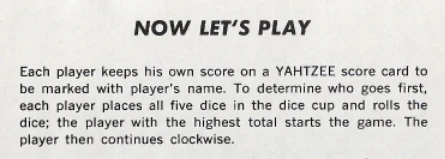
The sticklers who insists on a literal interpretation of the Yahtzee rule book are living their lives with blinders on. But justifying their oversight with a misunderstanding of the text itself and forcing it on others damages the larger community. Although millions of dice fanatics around the world venerate The Yahtzee Manifesto as a sacred text, the book was not created as a way to force its precepts - divinely inspired though they may be - upon non-believers. Similarly, the official rules should be treated as a guide, not gospel. The entire canon of Yahtzee texts, after all, were written by fallible humans and to suggest otherwise is akin to belief in fairytales.
The lesson to be learned from over-eager textual originalists is to live and let live. Worry about your own game, for your choices are yours alone. Encouragement and emotional support for your fellows are great, but don’t try to ram your Yahtzee strategy down their throats. In fact, keep your hands off all parts of their bodies absent explicit consent.
Infinite Diversity in Infinite Combinations
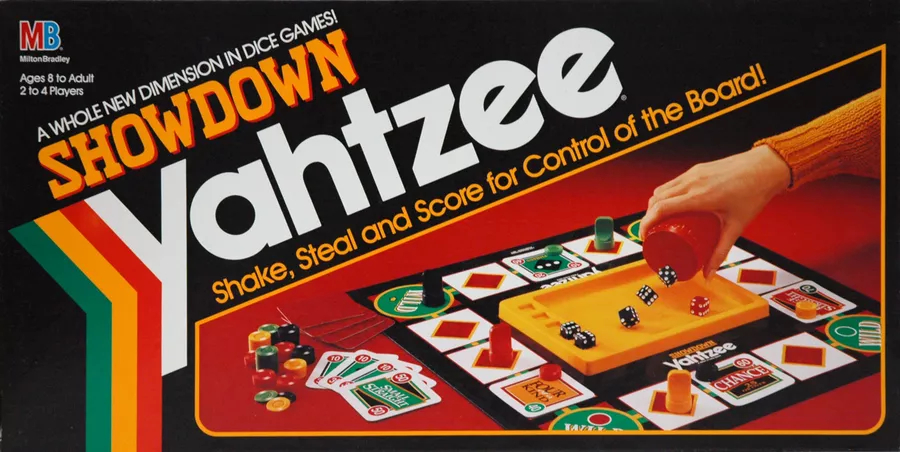
I sometimes encounter the odd critic who argues that too much choice is a bad thing. “E.S. Lowe created standard Yahtzee in 1956,” they’ll proclaim, “and that’s the only version I’ll ever play!” But such a closed-minded view risks blinding us to the myriad of Yahtzee variation that exists today. Electronic Yahtzee alone provides thousands of ways to explore the game’s limits. There are dozens of ways to playing digitally, including handheld devices, smartphone apps, desktop computers, all types of video game consoles for the past 50 years and even mainframes before that.
And all of that is on top of the plethora of official tabletop variant games that Hasbro has released over the years, like Triple Yahtzee and Word Yahtzee. Some gamers heap scorn upon fellow players who stray from the standard game, accusing them of following “deviant lifestyles.” To these players, the very existence of variant games is treated as an existential threat to their conception of “pure” Yahtzee. But a rational thinker will see that there is more than enough room in the world for all types of Yahtzee. Why should everyone be forced to play the same game when there are so many from which we can choose? Yahtzee’s diversity presents fans with an overflowing cornucopia of gaming choice, and as we’ve seen, more choice is better.
The Best Strategy
Perhaps the last category on the scorecard, Chance, is a misnomer as it places too much emphasis on the game’s random elements. With human choice in the equation, we have a way of fighting back against the odds of pure luck. Maybe we need to rename Chance and start calling it Choice. Let’s keep the focus on personal autonomy expressed according to each individual’s own will - it’s the way game is meant to be played.
If there is no choice, there is no Yahtzee strategy. And without strategy, there is simply no game. Just imagine the consequences. Random rolls, then just scoring straight down your card in order. There would be no challenge involved, just disinterest as all options are pruned away. As Henrik Ibsen said, “A forest bird never wants a cage.”
When choice is embraced, the possibilities are endless. Even the most radical strategy can you teach you, even if it’s to avoid that idea completely. The roller who is willing to keep their Yahtzee open until the final turn even as the zeros pile up around them tends to play an attacking style. But the aggressive approach needs to remain at the table. Go for it, but allow your fellow players to make up their own minds.
Stand up when people take away your choices. It’s power-hungry people seeking control, feigning defense of something sacred. Beware false equivalencies that are just meant to distract your attention. “But,” some will say, “do humans even have free choice?” Well that is a philosophical cop-out, friends. It can be fun to ponder alternative possible realities, but the truth is that we are here, now, and this is our own shared experience. We all travel down the path of Yahtzee together. That requires full and complete control over our own games and strategies. We’re one human family of individuals, so we’ve got to work together to give one another space to make our own personal decisions.
And that may be the greatest strategy of them all.
Until next time, folks. Keep on rollin',
Len "Lefty" Gilmore
Bend, Oregon

